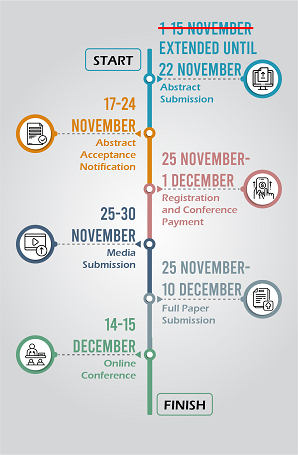The Potential of Velvet Bean Tempe to Improve Serum Biochemical Profiles and Hematology in Experimental Rats
This title has been presented on Friday, December 15, 2023 at 16.00-16.10 GMT+7.
Keywords:
Biochemical profile, hematology, tempe, velvet beanAbstract
This title has been presented on Friday, December 15, 2023 at 16.00-16.10 GMT+7.
In Indonesia, tempe is the second largest source of protein after rice. The main raw material for tempe is soybean, of which 70% is still obtained through imports. This has encouraged the necessity to explore Indonesia's indigenous legume products. Velvet bean (Mucuna pruriens L.) contains several bioactive components, is rich in minerals, and is composed of amino acids, also essential and non-essential fatty acids. This study aimed to explore the potential of velvet beans as a substitute ingredient in tempe production. Parameters of serum biochemical profile and blood hematology of rats were used as scientific evidence that can support the purpose of this study. Protein quality was analyzed using the growth method in experimental rats. Three types of tempe were used as protein sources, namely soybean tempe (SBT), velvet bean tempe (VBT), and velvet bean-soybean combination tempe (VB-SBT). Protein quality analysis results show that VB-SBT has FCE, growth rate, and NPR values that were as good (p>0.05) as SBT. Analysis results of serum biochemical and hematological profiles indicate no abnormalities in rats fed with VB-SBT. These results suggest that the substitution of soybean with velvet bean can be applied in tempe production process.








